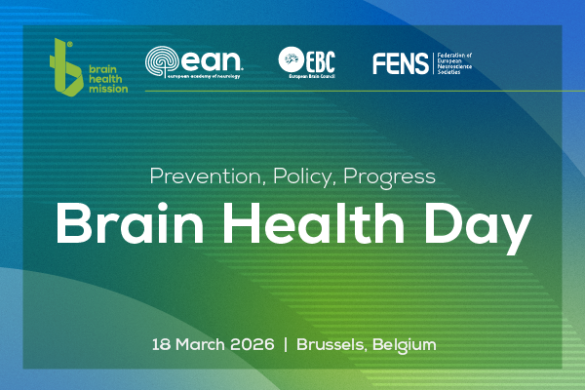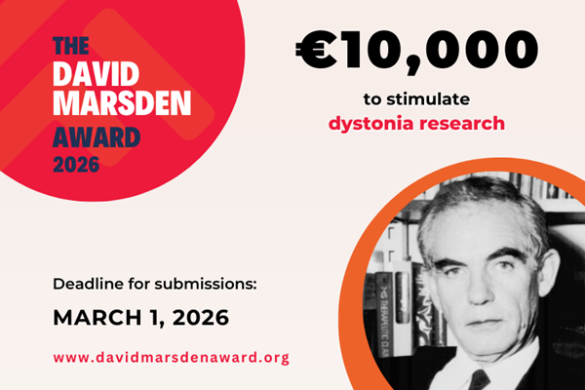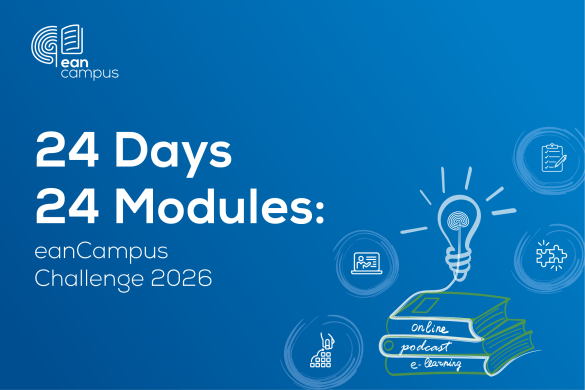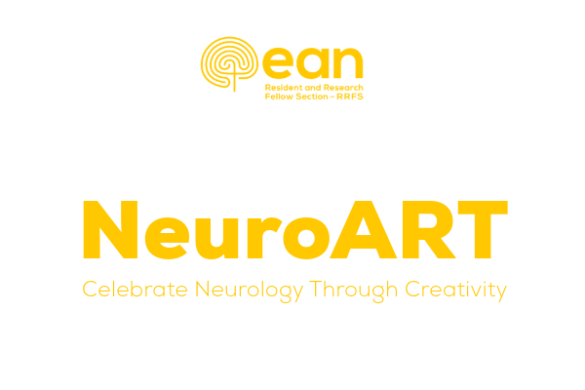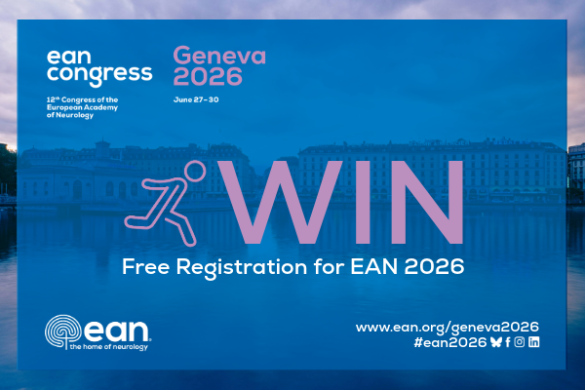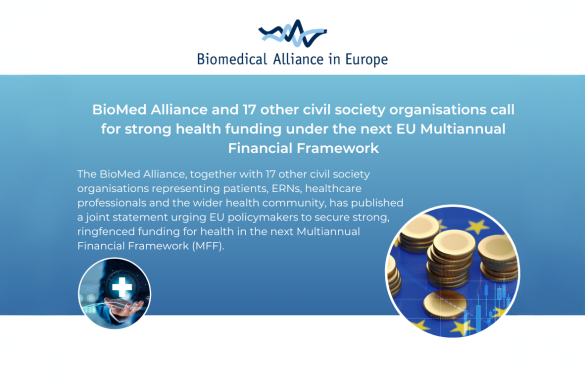
by Prof. Dr. Claudia Sommer
Teaching courses are designed to convey knowledge on a topical area within Neurology, with the ultimate aim to help the attendees to better understand this area, so that with this enhanced knowledge they will improve the quality of clinical care for their patients, the quality of their research, and in turn, will spread the knowledge by providing education for others, for example in their home departments.
A Teaching Course consists of 4 lectures lasting 45 minutes each, presented in two 90-minute slots with a 30-minute refreshment break in between. Lecturers are internationally well-known experts from different European countries and usually have excellent didactic skills. The chairperson is responsible for harmonizing the lectures between speakers and thus for the overall quality and content of the teaching course. Within each 45-minute presentation, there should be sufficient time for questions and discussion. The lecturers are also encouraged to include quiz-like questions to help participants judge their own knowledge. A manuscript summarizing the presentation is provided by each speaker. The manuscripts are be collated and distributed as a teaching course book to teaching course participants. Evaluation forms filled in by the participants at the end of the course and give important feedback on the quality and usefulness of the course.
While all courses are aimed at a post-graduate audience, courses at different levels may be offered. Level 1 courses are aimed primarily at young neurologists in training, or at those wishing to refresh their basic knowledge in the field. This level may also be suitable for undergraduates or trainees with a particular interest. An example of a Level 1 course in Amsterdam will be “Current treatments in neurology” with the subjects of autoimmune encephalitis, bacterial meningitis, Parkinson’s disease, and multiple sclerosis. Here participants will learn the essentials of up-to-date treatment in these areas. Even if this is Level 1, advanced neurologists may use this course to update their knowledge on treatment in these fast-moving fields.
Participants of a Level 2 course should be familiar with basic clinical knowledge and practice. These courses are aimed at specialist trainees or practitioners wishing to update and further develop their knowledge in the field. “How to manage a patient with autonomic dysfunction” is an example of a Level 2 course that will be held in Amsterdam. This is an area that is often neglected by neurologists, and is very much recommended to all those seeing a deficit in their competence in this area.
Level 3 courses are advanced courses aimed at participants with a particular training and interest in that field, and will cover the latest advances of particular interest to a specialist audience. For example, in the course “Therapeutic strategy in MS: How to choose the appropriate disease modifying treatment”, the treatment of multiple sclerosis will be considered under a variety of aspects that would not have room in the course mentioned as an example for Level 1. Thus, colleagues with a special interest in treating MS patients will be the expected audience for this course.
In summary, for a compact but thorough learning of a new field, for a brush-up of knowledge in an area you may have neglected, or for getting up-do-date in your own specialty, the teaching course may be the perfect format. Do not miss this opportunity: Try out different levels, give us feedback on how they match your expectation, talk to the experts and to your colleagues, get involved!
Prof. Dr. Claudia Sommer is Head of the neurology clinic at the University Hospital in Würzburg, Germany and Chair of the EAN Teaching course sub-committee
List of all Teaching courses during the 3rd EAN congress in Amsterdam, June 24-27, 2017:
Saturday, 24 June 2017
TC1: MDS-ES/EAN: Differential diagnosis of sleep related movement disorders – Level 3
TC2: Autoimmune Causes of Epilepsy – Level 3
TC3: Genetic counselling in neurogenetic disorders – Level 1
TC4: New algorithms for dementia management: from diagnosis to treatment – Level 3
TC5: Advanced neurosonology – Level 3
Sunday, 25 June 2017
TC6: MDS-ES/EAN: Neuroimaging in movement disorders – Level 2
TC8: Acute treatment and early secondary prevention of stroke – Level 2
TC9: How to approach a patient with neuropathy: from diagnosis to therapy – Level 1
TC10: Headache is common but treatable. Changing the treatment paradigm – Level 1
Monday, 26 June 2017
TC11: Therapeutic strategy in MS: How to choose the appropriate disease modifying treatment – Level 3
TC12: Current Treatments in Neurology – Level 1
TC13: How to manage a patient with autonomic dysfunction – Level 2
TC14: Neuropsychiatric and behavioural symptoms in neurodegenerative diseases – Level 1
Tuesday, 27 June 2017
TC15: Neurological infections in travellers and immigrants – Level 3
TC16: Higher cortical function in neurology – an update – Level 2
TC17: Neurological presentations of systemic disorders – Level 1
TC18: How to diagnose a muscle disorder – Level 1
TC7: Treatment of women with epilepsy – Level 1-2






